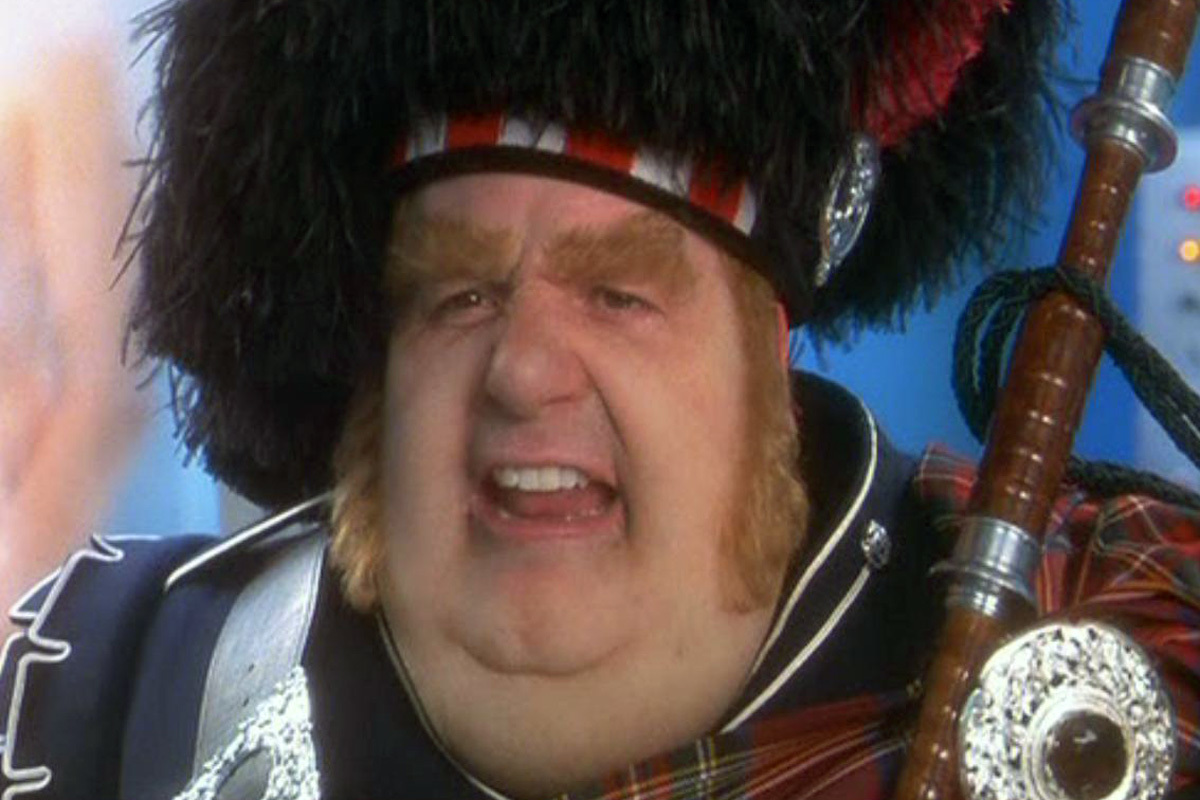To Sleeve (or Not to Sleeve) Series - #11, Sleep Studies
(This is part of a series I posted on my other (formerly anonymous) blog, tobypass.wordpress.com. An index of all posts in this series is located at the bottom of this article.)
As I’ve indicated, I had an initial consult with a surgeon a couple weeks ago and I now have a list of things I need to do as a preliminary workup in preparation to surgery. I’ll write more about this more generally later. But one preparation aspect for many weight loss surgery patients is having a sleep study. My understanding is that the rationale goes something like this: obesity is a significant risk factor for sleep apnea, and sleep apnea is an extremely relevant condition when it comes to anesthesia in surgery. If a surgeon takes someone to surgery without knowing he/she has apnea, bad things could happen…including death.
As it happens, I was diagnosed with Sleep apnea some years ago and as such, had a sleep study to go along with it. Because some who are going through the process of WLS might for the first time be going through that experience, I thought I’d include mine here.
It happened in 3 stages:
First is the consult. This takes place with a neurologist/pulmonologist/surgeon or whatever type doctor is prescribing your study. In my case, it was a neurologist. You’ll have to fill out a pretty extensive questionnaire about your sleep habits, how you feel during the day with regards to restfulness and energy, etc. Your doctor will probably ask you all sorts of questions about your sleep habits and the like. He/she will measure your neck and do a physical exam. If you’re at the consult for the purpose of WLS, you’ll probably be recommended for a sleep study. But in my case, I was being evaluated for whether or not I needed a sleep study. And so the doctor talked with me about whether or not he thought I was a good candidate for a sleep study (I was).
The Second Stage was the first sleep Study. This took place at a local area hospital. I arrived there in the evening, maybe around 7pm. I checked in at the ER after hours desk, and was taken back by a sleep tech (the doctor doesn’t show up until morning to read the test results). The tech took me to a hospital room in a quiet end of the facility that had more of a resemblance to a hotel room than a medical institution. It had a normal bed, side table, easy chair, bathroom, etc. The tech told me to get changed into my normal sleeping attire and then to just hang out in the room and he’d be right back. I had brought a duffel bag with my stuff along with my briefcase with my computer and some work to do. It was about an hour before he returned and I was able to get some emailing done in the meantime.
The moment he returned is when I noticed one key detail how the room was decidedly not like a hotel room: the giant camera above the door. I later learned that it’s used for monitoring the patient’s sleep all night. There’s also a microphone/speaker setup in the room so that the sleep tech can communicate with the patient at any point during the night.
Anyways, the tech came back and took me to another room down the hall where he proceeded to wire me up for the night’s festivities. He started by sticking sensors all over my chest — EKG style. Then there were a couple different stretchy bands wrapped around my chest and stomach area. And finally, there were the probes attached literally all over my head, face, and legs. The head ones were glued on with the weirdest substance — pea size globs of gelatinous sticky goo that only came off in the shower the following morning. It was almost like the consistency of soft candy. As a part of the wiring process, I had to thread several bundles of wires running off my head down through my shirt and then under my waistband of my shorts, down my leg, where they collected as a pretty hefty bunch. When we went back to the original sleeping/hotel room, the tech carried this bundle of wires behind me. The whole process of wiring up took nearly an hour.
Once back in my room and resting down in bed, I waited all wired up for quite a while longer. I watched some TV, I sent some more emails, and I looked at my phone. Finally, the tech poked his head back in the door and said it was time to sleep. Very soon after, the lights were shut off and I heard the tech’s voice over the intercom. He gave me a whole series of instructions before I could go to sleep — or try to go to sleep…
I don’t remember everything — but more or less, it went something like this. He had me do a whole series of calibration tasks: holding my breath, breathing in certain ways, laying in different positions, moving my feet, arms, hands, etc… All of this was done with the lights off and the tech speaking from the lab room across the hall…kind of odd and weird. After probably 15 minutes of instructions though, it was finally time to sleep.
During the night, I only remember waking up a few times because I had (a) to pee or (b) I was instructed to roll into a new position at the behest of the tech.
In the end, my sleep felt over rather quickly. The tech came into my room again and turned on the lights a little after 6a. He got the wires off my head and body while I sat at the end of the bed. This took much less time than the installation the previous night. He then let me take a shower. Said the doctor would be in my room by 8am after he had read the results of my study. An aide brought me breakfast in my room after my shower and by the time I was done eating, the doctor was in to tell me that I had mild Sleep Apnea — which entitled me to another sleep study!! Oh JOY!!
Apparently when I’m asleep, left to my own devices, I wake up approximately 60 times per hour.
Stage Three of the Sleep Study process was a second night at the sleep lab at the hospital.
This one progressed exactly as the first except this time the techs fitted me with a CPAP machine in addition to all the other paraphernalia. The tech adjusted the settings of the machine all night long while I slept — optimizing the levels so that I would stay asleep and yet not be overpowered by the pressure. It was the best night of sleep I had had in years. Literally.
I felt as though the night passed instantaneously.
It was glorious. I was hooked.
The same process ensued as the previous morning after the test — and I walked out with a prescription for a CPAP machine at the local medical supply place.
Unlike many people, I’ve used my machine every night ever since. that’s been almost 5 years ago. My life is SOOOO much better because of it too. I’ll be grateful to be (hopefully) cured of Apnea after I lose a lot of weight. But in the mean time, you’ll have a hard time prying my CPAP away from me.
Good luck to you if you end up going through the same experience!








